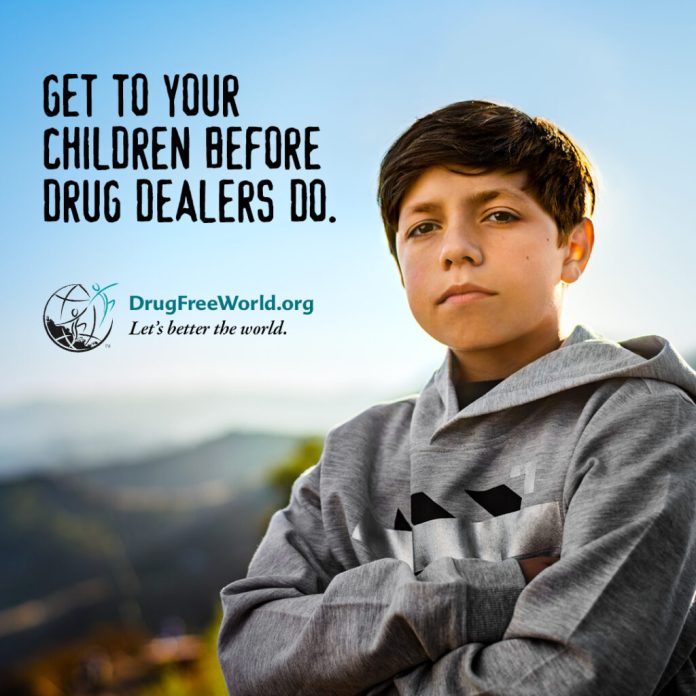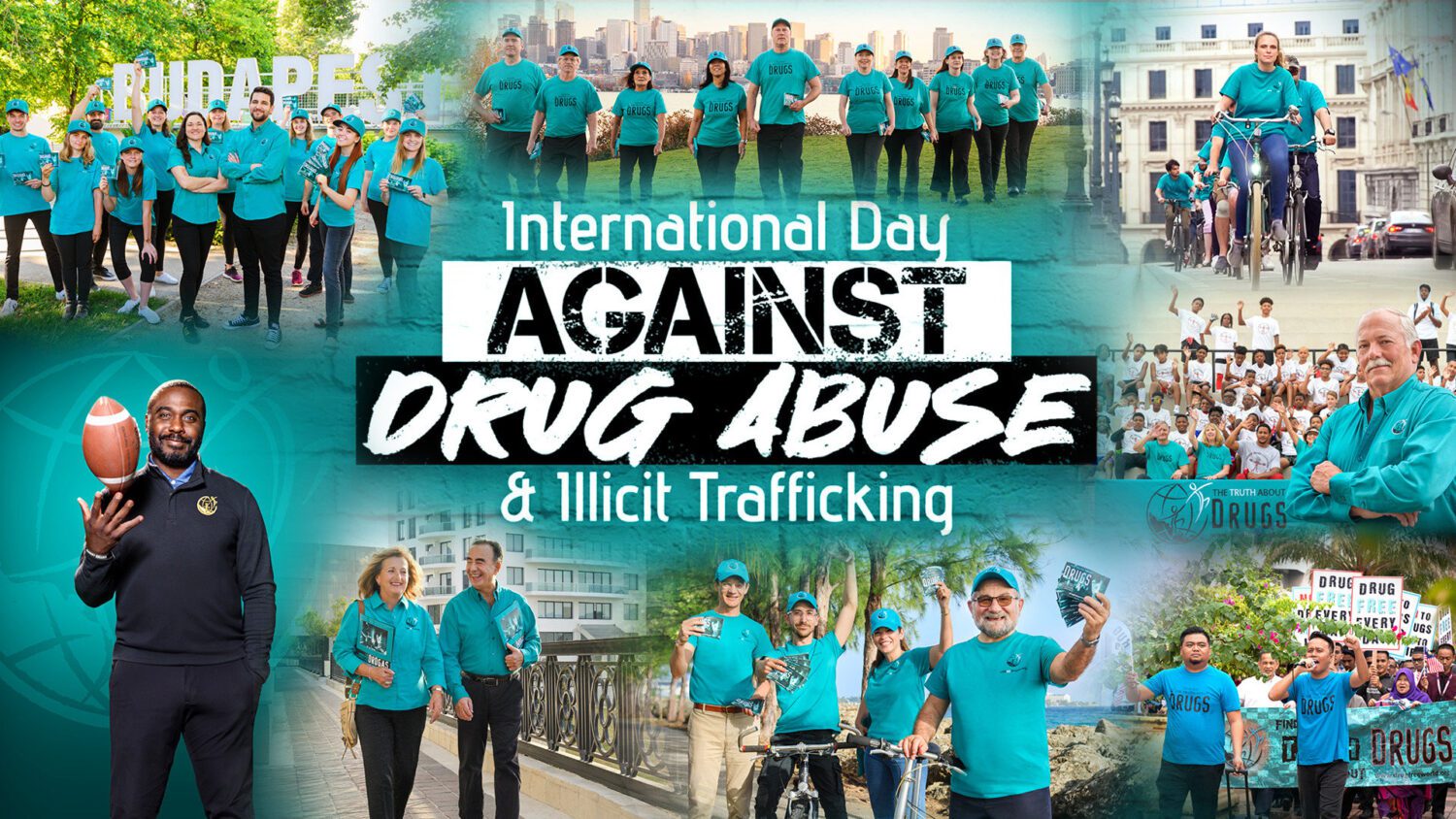On June 26, 2024, the Secretary-General of the United Nations, António Guterres, delivered a speech on the occasion of the International Day against Drug Abuse and Illicit Trafficking. He highlighted the impact of drug abuse and called on nations to prioritize preventative measures to address this global crisis.
Secretary-General António Guterres highlighted the human suffering caused by drugs, placing particular emphasis on the devastating consequences on health and well-being, with hundreds of thousands of lives lost to overdose each year. He expressed concern about the growing production and danger posed by drugs, which contribute to increasing crime and violence around the world.
Guterres stressed that vulnerable populations, young people, are disproportionately affected by this crisis. He noted that people who use drugs or struggle with addiction face forms of victimization, from the drugs themselves to societal stigma and discrimination, to harsh responses to their conditions.
In line with this year’s theme, Guterres stressed the importance of investing in prevention efforts to break the cycle of suffering. Evidence-based programs aimed at preventing drug use can protect both individuals and communities while disrupting economies that thrive on human suffering,” he noted.
Reflecting on his tenure as Portuguese Prime Minister, Guterres highlighted the effectiveness of holistic prevention strategies. Portugal’s efforts under his leadership have involved a combination of approaches such as rehabilitation and reintegration programs, public health awareness campaigns and increased resources for prevention, treatment and harm reduction initiatives in drug matters. These efforts have proven effective in reducing substance abuse.
Concluding his statement, Secretary-General Guterres called for renewed commitment to combating the challenges posed by drug abuse and trafficking. “Let us reaffirm on this occasion our commitment to continue once and for all our fight against drug abuse and trafficking. » he stressed.
The UN Secretary-General’s message serves as a rallying cry to the community, emphasizing the critical need for a collaborative and proactive approach to tackling the drug addiction crisis through prevention efforts, education and compassionate treatment approaches grounded in evidence-based practices.

“The evidence is clear: invest in prevention”
The global drug problem presents a multifaceted challenge that affects the lives of millions of people around the world. From individuals struggling with substance use disorders to communities grappling with the impacts of drug trafficking and organized crime, the impact of drugs is vast and complex. To address this challenge, it is imperative to adopt an evidence-based approach that prioritizes prevention and treatment.
The International Day against Drug Abuse and Illicit Trafficking, or World Drug Day, is observed on June 26 each year to strengthen action and cooperation towards achieving a world free of drug addiction. This year’s World Drug Day campaign recognizes that effective drug policies must be rooted in science, research, full respect for human rights, compassion and a thorough understanding of the social, economic and health implications of drug use.
Together, let us amplify our efforts to combat the global drug problem, guided by the principles of science, compassion and solidarity. Through collective action and a commitment to evidence-based solutions, we can create a world in which people are empowered to lead healthy, fulfilling lives.
This year’s World Drug Day is a call to:
Raise awareness: Improve understanding of the effectiveness and cost-effectiveness of evidence-based prevention strategies, with emphasis on their impact on mitigating the harms of drug use. Advocate for investment: Encourage greater investment in prevention efforts by governments, policymakers and law enforcement professionals, emphasizing the long-term benefits of early intervention and prevention. Empower Communities: Equip communities with the tools and resources to implement evidence-based prevention initiatives, fostering resilience to drug use and promoting community-based solutions. Facilitate dialogue and collaboration: Promote dialogue and collaboration among stakeholders to improve evidence-based prevention practices and policies, fostering an environment conducive to knowledge sharing and innovation. Promote evidence-based policymaking: Advocate for evidence-based policymaking at national and international levels, ensuring that drug policies are based on scientific research and informed by best practices. Engage Communities: Raise awareness of the importance of community engagement and participation in the design and implementation of effective drug prevention programs, empowering communities to take ownership of prevention efforts. Empowering Youth: Providing youth with the knowledge, skills and resources to become agents of change in their communities, advocating for substance abuse prevention initiatives and amplifying their voice in the conversation. Promote international cooperation: Foster international cooperation and collaboration between governments, organizations and communities to develop and implement evidence-based strategies to combat drug trafficking and organized crime, recognizing the nature global response to the drug problem and the need for coordinated action.
Originally published in The European Times.
source link eu news



















